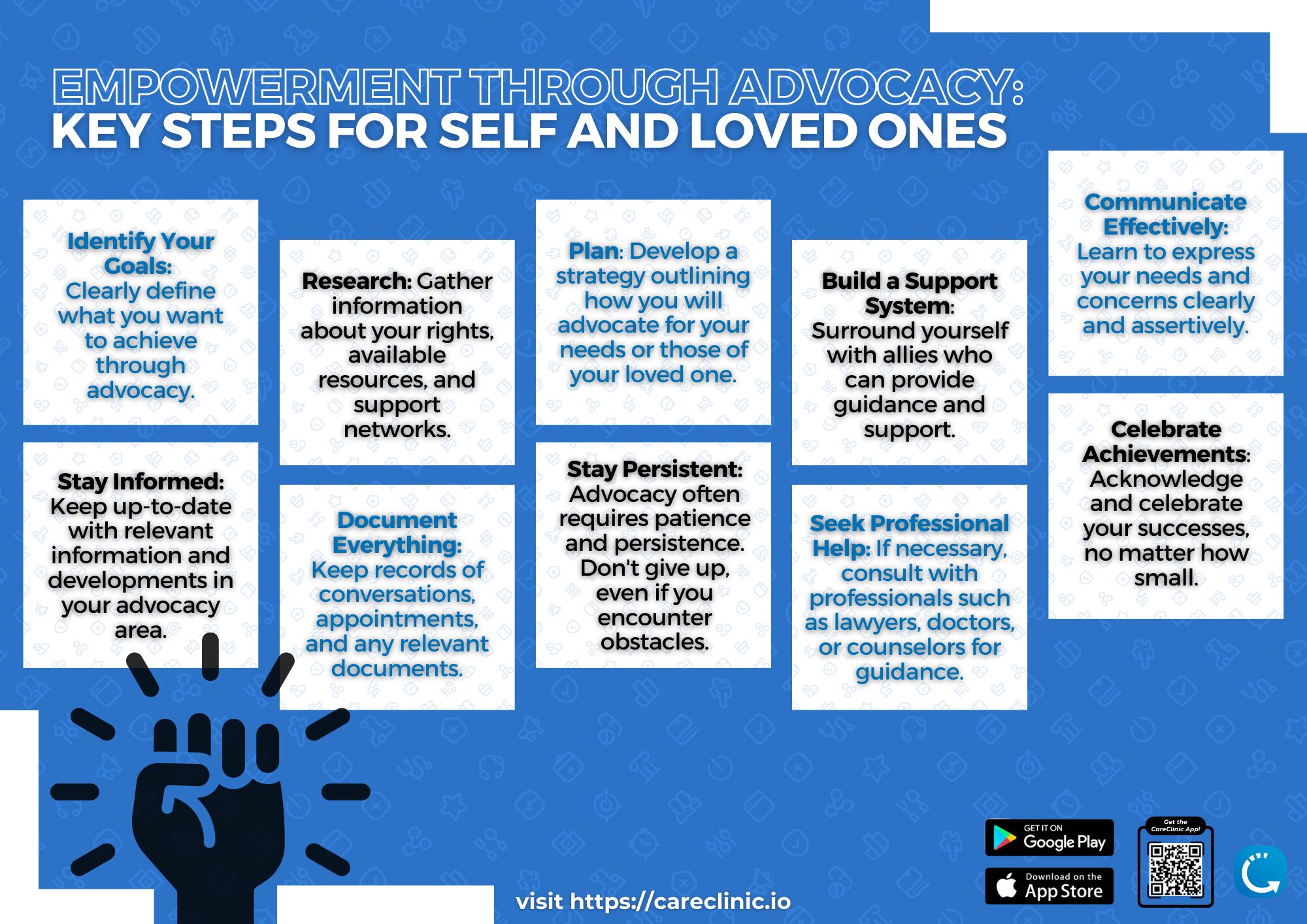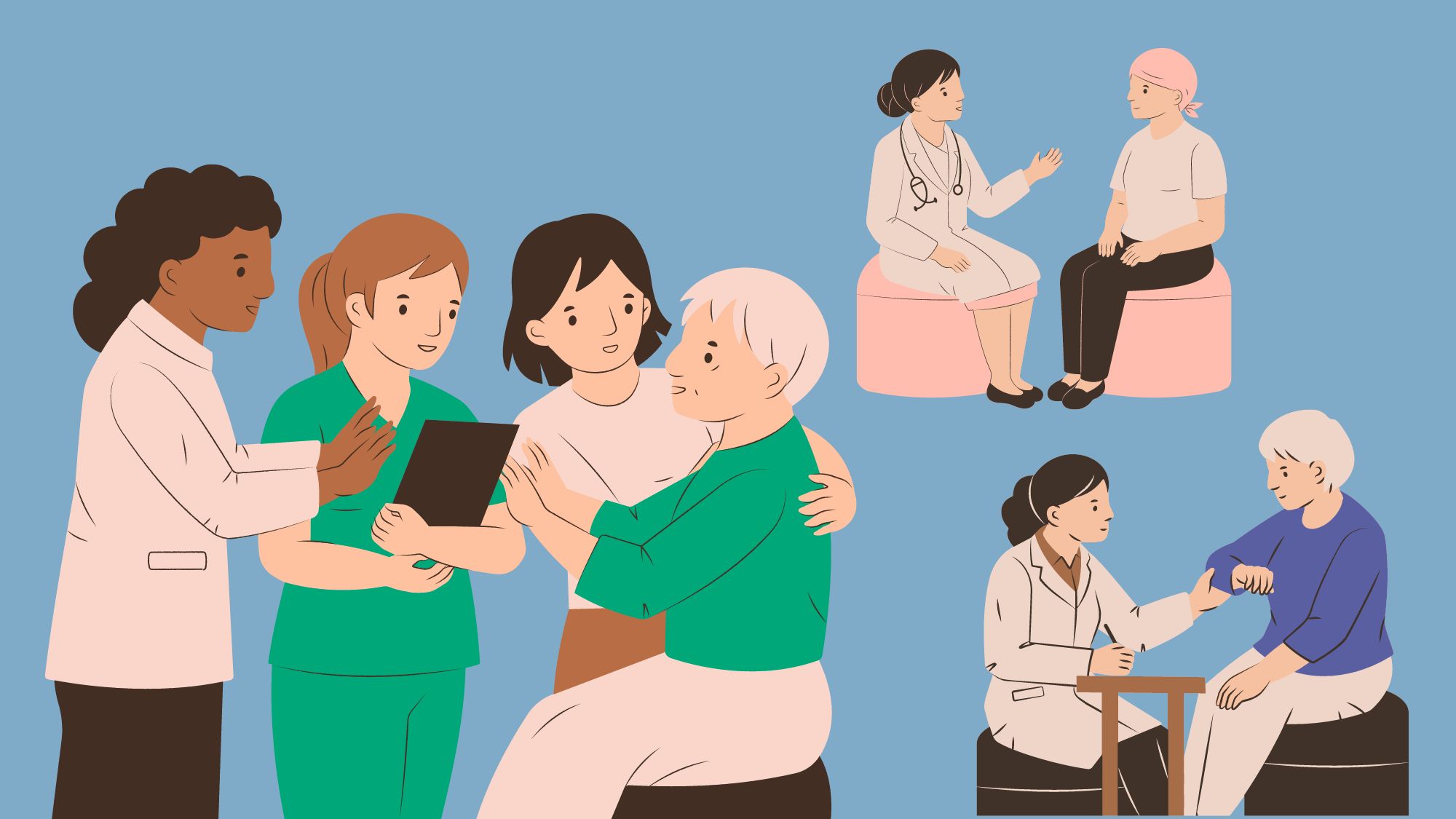
As someone navigating the complex world of healthcare, it is essential to understand the importance of patient advocacy. Whether advocating for yourself or a loved one, knowing how to effectively advocate for patients can make a significant difference in the quality of care received. In this article, we will explore five patient advocacy examples and provide guidance on how to advocate for yourself or a loved one in various healthcare situations.[1][2][3]
Understanding Patient Advocacy
Before diving into the specific examples, it is crucial to grasp the concept of patient advocacy. Patient advocacy refers to the act of supporting and promoting the rights and health care of patients. It involves ensuring that healthcare providers respect patients’ autonomy, providing them with accurate information and options, and working collaboratively to encourage patients make informed decisions.
Furthermore, patient advocacy extends beyond the individual level to encompass broader systemic changes within the healthcare industry. Advocates may work to influence healthcare policies, promote patient-centered care models, and address disparities in access to quality healthcare services.
The Role of a Patient Advocate
In some instances, the complexity of healthcare can be overwhelming, leaving patients feeling lost or unheard. This is where a patient advocate can step in. A patient or nurse advocate is someone who speaks on behalf of a patient, ensuring their needs, concerns, and preferences are effectively communicated to healthcare providers.
Moreover, patient advocates may also provide emotional support, help patients navigate insurance claims, and assist in coordinating care among multiple healthcare providers. They serve as a valuable resource for patients and their families during challenging times, offering guidance, nursing advocacy, and empowerment throughout the healthcare journey.
Importance of Patient Advocacy and Nursing Ethics in Healthcare
Patient advocacy plays a vital role in improving healthcare outcomes. It helps patients navigate the healthcare system, understand their rights, and ensure they receive optimal care. By actively engaging in patient advocacy, individuals can become active participants in their own healthcare journey, leading to greater satisfaction and better health outcomes.
Furthermore, patient advocacy contributes to fostering a culture of transparency, quality care, and accountability within healthcare institutions. Advocates hold healthcare providers accountable for delivering high-quality, patient-centered care and serve as a voice for those who may feel marginalized or overlooked in the healthcare setting.[4][5][6]
Key Steps to Advocate for Yourself or a Loved One
Advocating for yourself or a loved one may seem daunting, but by following a few key steps, you can effectively voice your concerns and navigate the healthcare system.
Advocacy in healthcare is crucial for protecting patients and ensuring that patients receive the best possible care and treatment. It involves speaking up, asking questions, and actively participating in decision-making processes. By advocating for yourself or a loved one, you can help prevent medical errors, ensure informed decision-making, and promote overall well-being.
Identifying Your Needs and Rights in the Health Care System
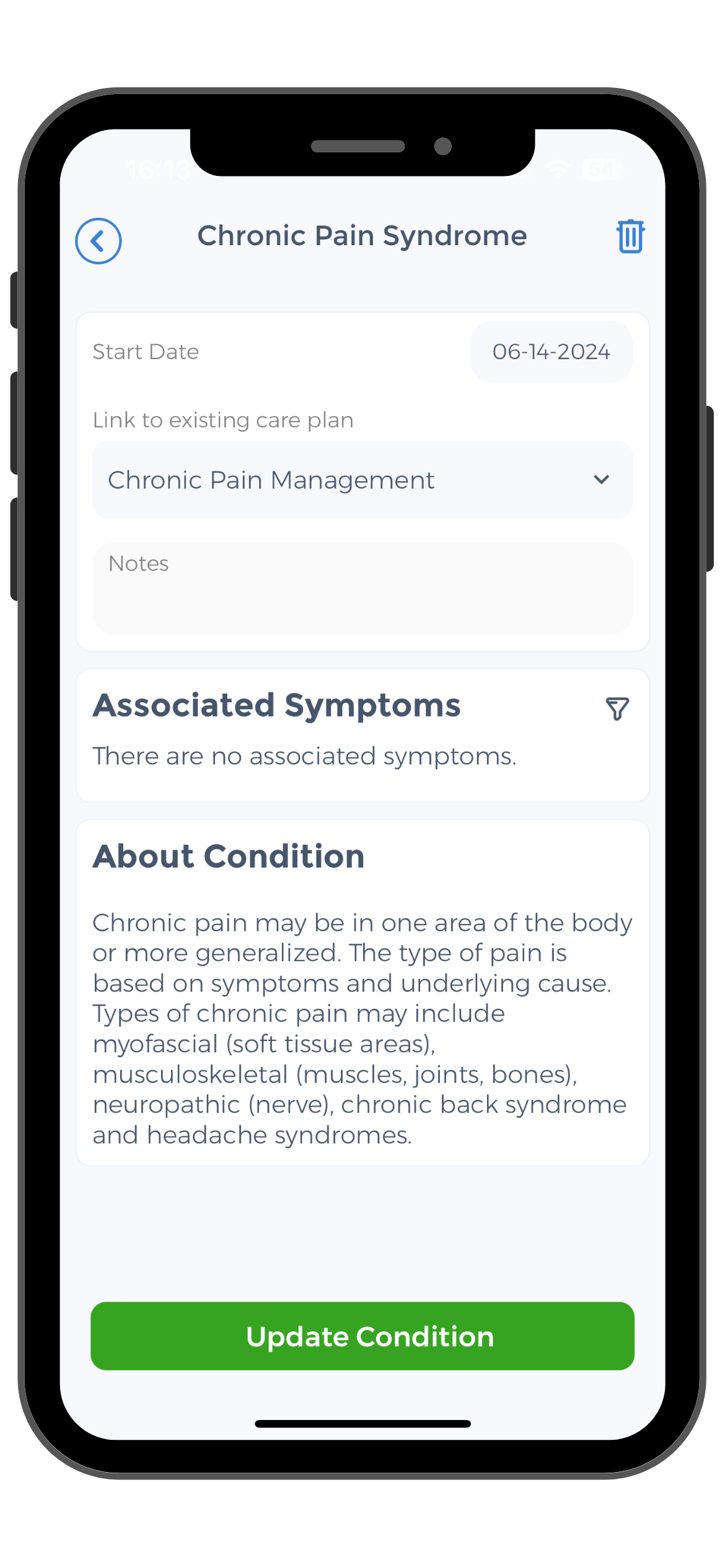 The first step in patient advocacy is identifying your needs and rights. Take the time to educate yourself about your condition, treatment options, and available resources. By understanding your needs and rights, you can confidently communicate them to healthcare providers.
The first step in patient advocacy is identifying your needs and rights. Take the time to educate yourself about your condition, treatment options, and available resources. By understanding your needs and rights, you can confidently communicate them to healthcare providers.
Furthermore, identifying your support system is essential in patient advocacy. Whether it’s family members, friends, medical professionals, or support groups, having a strong support network can provide emotional support, help with decision-making, and ensure that your voice is heard throughout the healthcare journey.
Communicating Effectively with Healthcare Providers
Clear and effective communication is essential in patient advocacy. When interacting with healthcare providers, clearly express your concerns, ask questions, and actively participate in decision-making. Effective communication fosters a collaborative relationship between patients and health care team, ensuring that your voice is heard and your needs are met.
Moreover, building a trusting relationship with your healthcare team is key to successful advocacy. By establishing open communication and mutual respect, you can work together with your providers to develop personalized care plans that align with your goals and preferences.
Navigating the Healthcare System
The healthcare system can be complex and overwhelming. To successfully advocate for yourself or a loved one, familiarize yourself with the process. Research available services, understand insurance coverage, and seek guidance from patient support organizations. By becoming knowledgeable about the healthcare system, you can effectively navigate through it and access the care you need.
Additionally, staying organized and keeping detailed records can streamline the advocacy process. Maintain a healthcare journal to track appointments, medications, symptoms, and any communication with providers. This information can help you stay informed, make informed decisions, and advocate more effectively for yourself or your loved one.[7][8][9]
The healthcare system can be complex and overwhelming. To successfully advocate for yourself or a loved one, familiarize yourself with the process. Research available services, understand insurance coverage, and seek guidance from patient support organizations. By becoming knowledgeable about the healthcare system, you can effectively navigate through it and access the care you need.
Additionally, staying organized and keeping detailed records can streamline the advocacy process. Maintain a healthcare journal to track appointments, medications, symptoms, and any communication with providers. This information can help you stay informed, make informed decisions, and advocate more effectively for yourself or your loved one.
Skills Required for Effective Patient Advocacy
Besides understanding the steps involved in patient advocacy, certain key skills also are essential for success in this role.
Advocating for patients goes beyond just knowing the procedural aspects; it requires a multifaceted skill set that enables you to get patients nurses navigate the complexities of the healthcare system with finesse and compassion.
Active Listening and Communication
Active listening and effective communication are fundamental skills for patient advocacy. Being able to listen attentively to healthcare providers, ask thoughtful questions, and express your concerns clearly ensures that you receive the best possible health care ever.
Moreover, effective communication is a two-way street. It involves not only articulating your thoughts and concerns but also understanding the information provided by healthcare professionals. This reciprocal exchange of information forms the basis of a strong advocate-patient-provider relationship.
Problem-Solving and Decision-Making
Patient advocacy often involves navigating complex healthcare situations and making difficult decisions. Developing problem-solving and decision-making skills equips you to handle these challenges effectively. It enables you to assess various options, weigh potential outcomes, and make informed choices.
Furthermore, honing your problem-solving abilities in nursing profession involves being proactive in seeking solutions and anticipating potential obstacles. By staying one step ahead and thinking critically, you can better advocate for the needs and rights of patients under your care.
Emotional Resilience and Empathy
Engaging in patient advocacy can be emotionally challenging, especially when advocating for a loved one. Developing emotional resilience and empathy allows you to manage your emotions effectively and understand the perspectives of both healthcare providers and patients. This will help maintain constructive relationships and facilitate open communication.
Additionally, cultivating empathy enables you to put yourself in the shoes of those you are advocating for, fostering a deeper connection and a more holistic approach to addressing their needs. Emotional resilience, on the other hand, empowers you to navigate challenging situations with grace and composure, ensuring that you can advocate effectively even in the face of adversity.
Overcoming Challenges in Patient Advocacy
While patient advocacy means is essential, it does come with its fair share of challenges. Knowing how to overcome these challenges can make your patient care advocacy efforts more successful.
Dealing with Difficult Conversations to Treat Patients
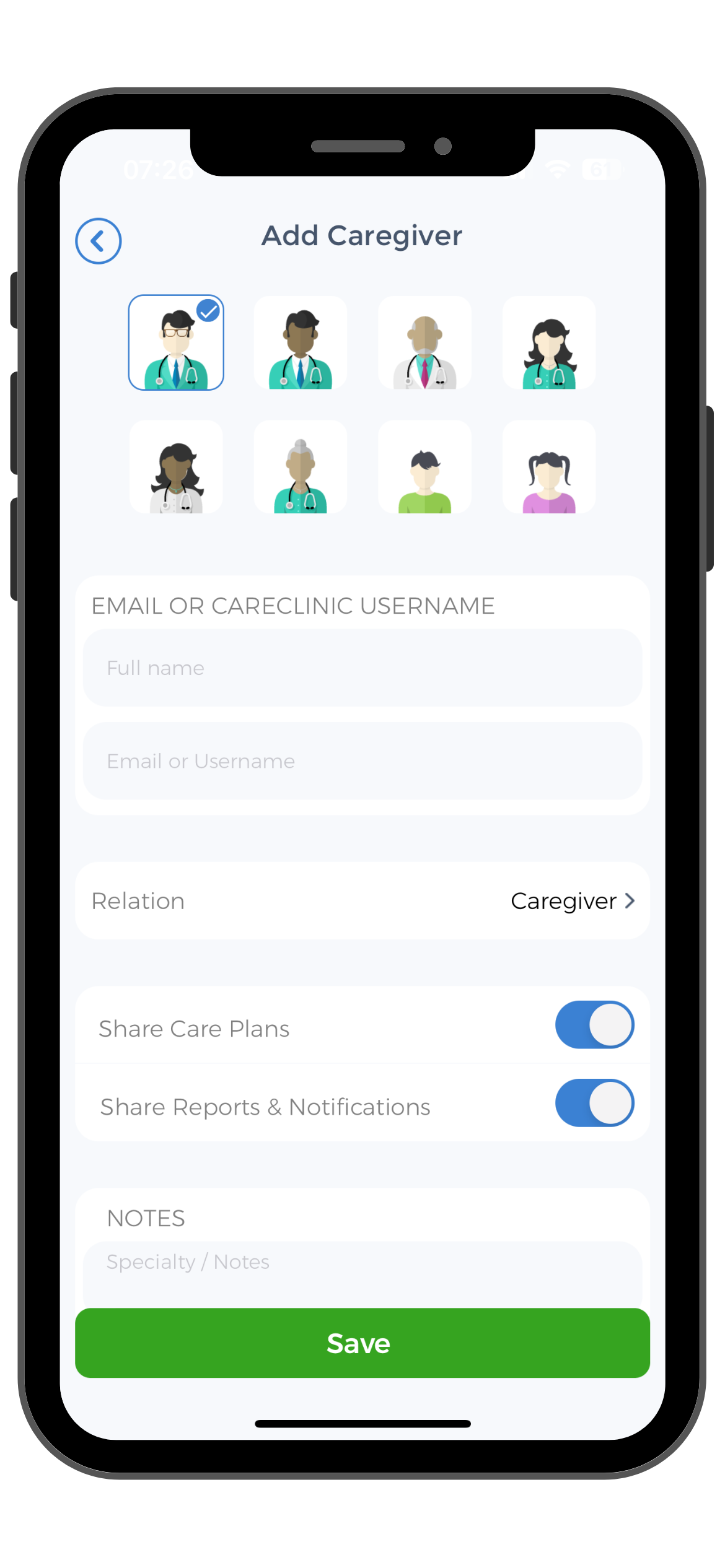 Advocacy often involves navigating difficult conversations with healthcare providers. When faced with challenging situations, stay calm, be respectful, and articulate your points clearly. Using open-ended questions and active listening techniques can help facilitate productive conversations.
Advocacy often involves navigating difficult conversations with healthcare providers. When faced with challenging situations, stay calm, be respectful, and articulate your points clearly. Using open-ended questions and active listening techniques can help facilitate productive conversations.
For instance, imagine you are advocating a medical facility for a loved one who needs a specific treatment that the healthcare provider is hesitant to provide. Instead of becoming defensive, you can ask the provider about their concerns and offer information or research that supports the effectiveness of the treatment. By approaching the conversation with empathy and a willingness to collaborate, you can increase the chances of finding a solution that meets both parties’ needs.
Managing Healthcare Bureaucracy
Navigating healthcare bureaucracy can be overwhelming, but persistence, communication skills and organization are key. Keep detailed records of medical encounters, procedure codes, and insurance claims. Familiarize yourself with policies and procedures, and don’t hesitate to ask for assistance from patient support organizations or online healthcare platforms such as CareClinic.
One way to effectively manage healthcare bureaucracy is by understanding the appeals process. If a claim is denied or a treatment is not covered by insurance, you can gather all the necessary documentation, including medical records and supporting research, to present a strong case for reconsideration. By staying organized and advocating for your rights within the system, you can increase the chances of a positive outcome.
Balancing Personal Emotions and Patient Safety
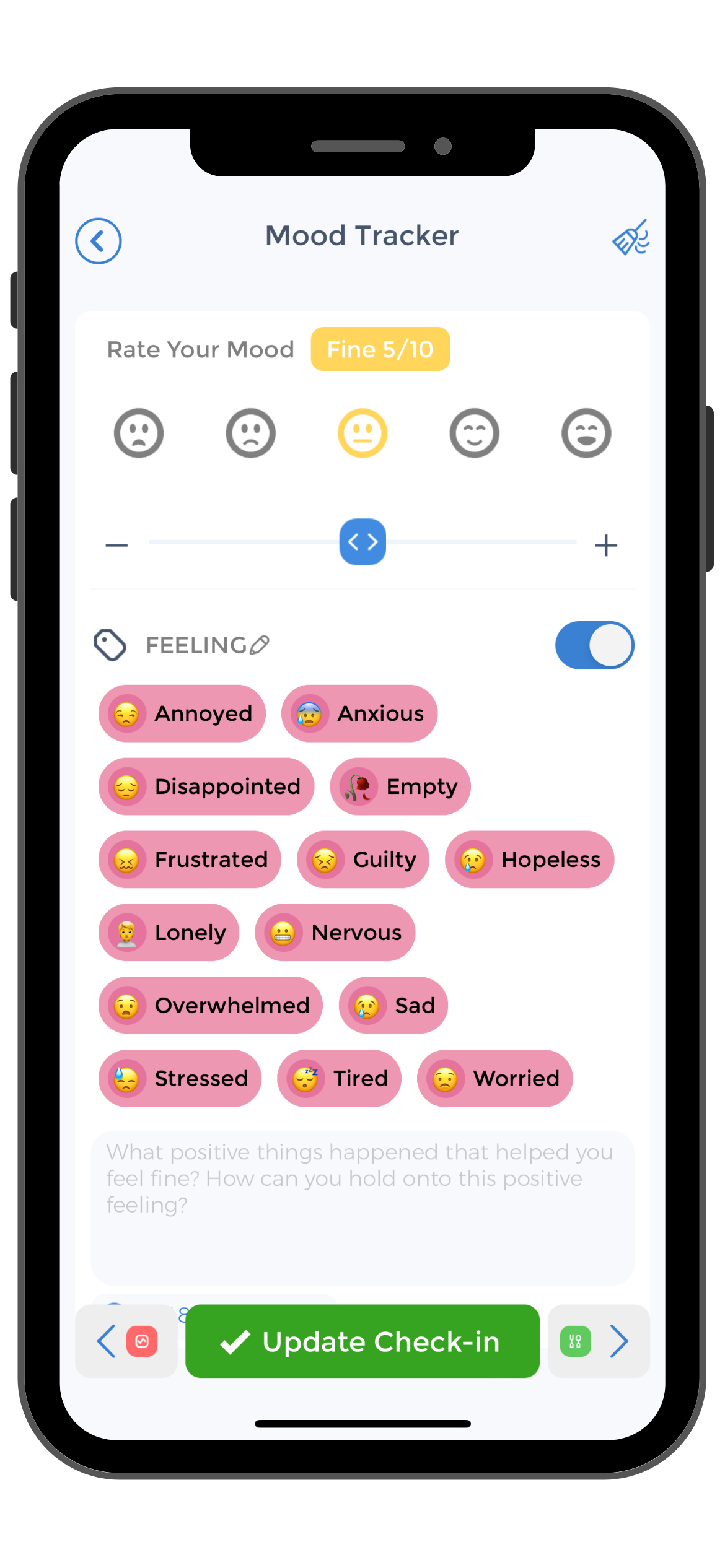 Advocating for a loved one can be emotionally challenging, but striking a balance between personal emotions and advocacy duties is crucial. Take time to care for yourself and seek support from friends, family, or support groups. Utilizing self-care tools like the CareClinic App can also help you track your health assessment, emotional well-being and manage stress effectively.
Advocating for a loved one can be emotionally challenging, but striking a balance between personal emotions and advocacy duties is crucial. Take time to care for yourself and seek support from friends, family, or support groups. Utilizing self-care tools like the CareClinic App can also help you track your health assessment, emotional well-being and manage stress effectively.
It is important to acknowledge that emotions can run high when advocating for someone’s health. However, by practicing self-care and seeking emotional support, you can maintain a clear and focused mindset. This will enable you to make informed decisions and effectively communicate your concerns and needs to healthcare professionals.
In addition, finding ways to channel your emotions into positive action can be empowering. Consider joining patient advocacy groups or participating in awareness campaigns to create meaningful change in the healthcare system. By connecting with others who share similar experiences, you can find strength and inspiration to continue advocating for yourself or your loved one.
Patient advocacy is a powerful tool that empowers individuals to advocate for their rights and improve healthcare outcomes. By understanding the role of a patient advocate, identifying your needs and rights, and developing essential skills, you can effectively navigate the healthcare system and advocate for yourself or a loved one. While challenges promoting patient advocacy may arise, implementing strategies such as effective communication, problem-solving, and emotional resilience can help overcome them. Remember, your voice matters, and patient advocacy can make a significant difference in your healthcare journey.
Use the CareClinic App to Effectively Spread Health Education
Take your patient advocacy to the next level with the CareClinic App, a comprehensive tool designed to support you in managing health conditions effectively. With features like medication tracking, symptom logging, and appointment reminders, the app empowers you to maintain an accurate health record that is essential for informed discussions with healthcare providers.
By using CareClinic to track treatment progress and health changes, you can ensure that your healthcare team is up-to-date and able to make the best decisions for your care. The app’s intuitive design makes it simple to use, providing a seamless way to stay on top of your health journey.
Download the CareClinic App Today
By integrating the CareClinic App into your daily routine, you can actively participate in your own care or that of a loved one, reinforcing the principles of patient advocacy outlined in this article. The app’s reporting and health care delivery features allow you to visualize trends and patterns in your health data, which can be crucial for identifying effective treatments and advocating for necessary changes. Experience the peace of mind that comes from having your health information organized and accessible. Take the first step towards improved health outcomes by installin
In some instances, the complexity of healthcare can be overwhelming, leaving patients feeling lost or unheard. This is where a patient advocate can step in. A patient or nurse advocate, is someone who speaks on behalf of a patient, ensuring their needs, concerns, and preferences are effectively communicated to healthcare providers.
Moreover, patient advocates may also provide emotional support, help patients navigate insurance claims, and assist in coordinating care among multiple healthcare providers. They serve as a valuable resource for patients and their families during challenging times, offering guidance nursing advocacy, and empowerment throughout the healthcare journey.
Patient advocacy plays a vital role in improving healthcare outcomes. It helps patients navigate the healthcare system, understand their rights, and ensure they receive optimal care. By actively engaging in patient advocacy, individuals can become active participants in their own healthcare journey, leading to greater satisfaction and better health outcomes.
Furthermore, patient advocacy contributes to fostering a culture of transparency quality care and accountability within healthcare institutions. Advocates hold healthcare providers accountable for delivering high-quality, patient-centered care and serve as a voice for those who may feel marginalized or overlooked in the healthcare setting.
Identifying Your Needs and Rights in Health Care System
References
- “How to Advocate for Yourself at Doctor’s Visits, According to Doctors”. https://time.com/6974247/how-to-advocate-for-yourself-doctors/
- “Talking with Your Doctor: 13 Ways to Advocate for Yourself and Your Loved Ones – Silver & Smart”. https://www.silverandsmart.com/talking-with-your-doctor-13-ways-to-advocate-for-yourself-and-your-loved-ones/
- “6 ways to advocate for yourself when seeking health care | Health care”. https://www.bedsider.org/features/2772-6-ways-to-advocate-for-yourself-when-seeking-health-care
- “Patient Advocacy | EBSCO Research Starters”. https://www.ebsco.com/research-starters/consumer-health/patient-advocacy
- “Understanding the Role of a Patient Advocate — Care Advocate Network”. https://www.careadvocate.org/news/understanding-the-role-of-a-patient-advocate
- “The Vital Role of Patient Advocacy in Healthcare: A Physician’s Perspective — Greater National Advocates”. https://gnanow.org/blogs/the-vital-role-of-patient-advocacy-in-healthcare-a-physician-s-perspective.html
- “Patient Advocacy Guide: Empowering Patients in 2024”. https://toxigon.com/patient-advocacy-guide
- “5 Strategies For Better Patient Advocacy — AlterG, Inc.”. https://alterg.com/treadmill-training-rehab/health-and-medical/importance-of-patient-advocacy
- “A Doctor’s Guide: How To Be A Patient Advocacy Rock Star (For You Or A Loved One) | American Council on Science and Health”. https://www.acsh.org/news/2018/06/21/doctors-guide-how-be-patient-advocacy-rock-star-you-or-loved-one-13106
- “Essential Skills for Effective Nursing Advocacy: A Guide”. https://carepronursing.com/essential-skills-for-effective-nursing-advocacy-a-guide/

